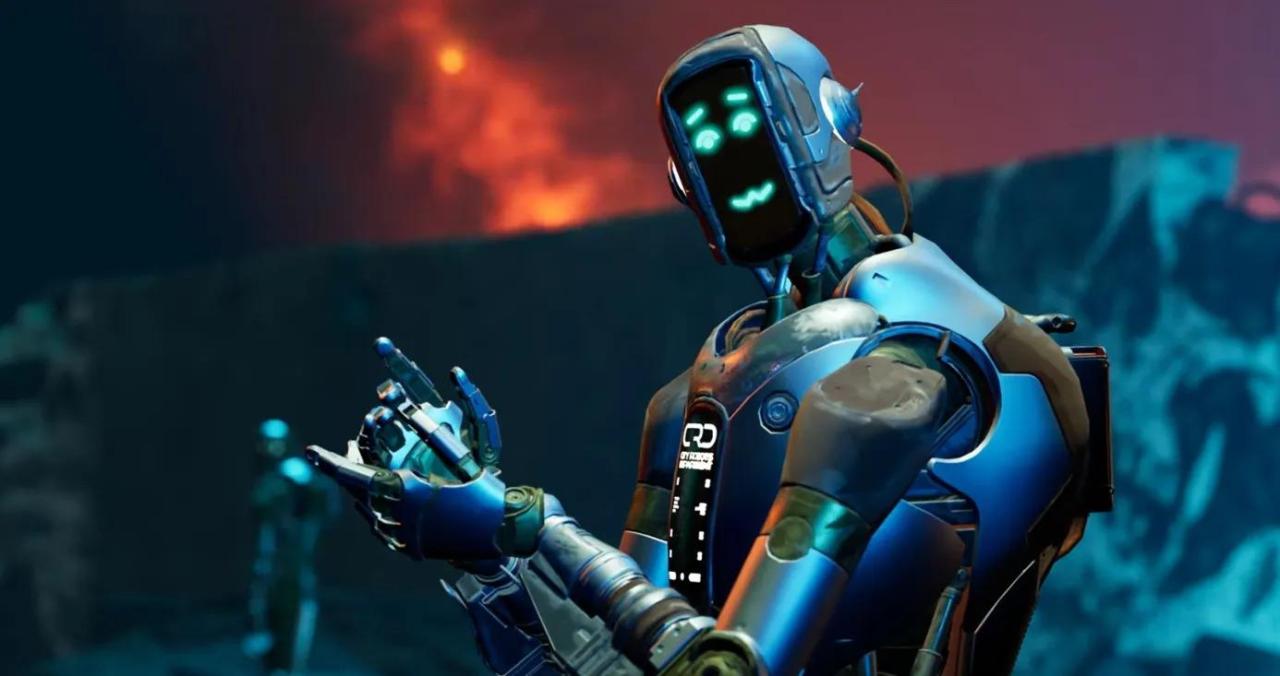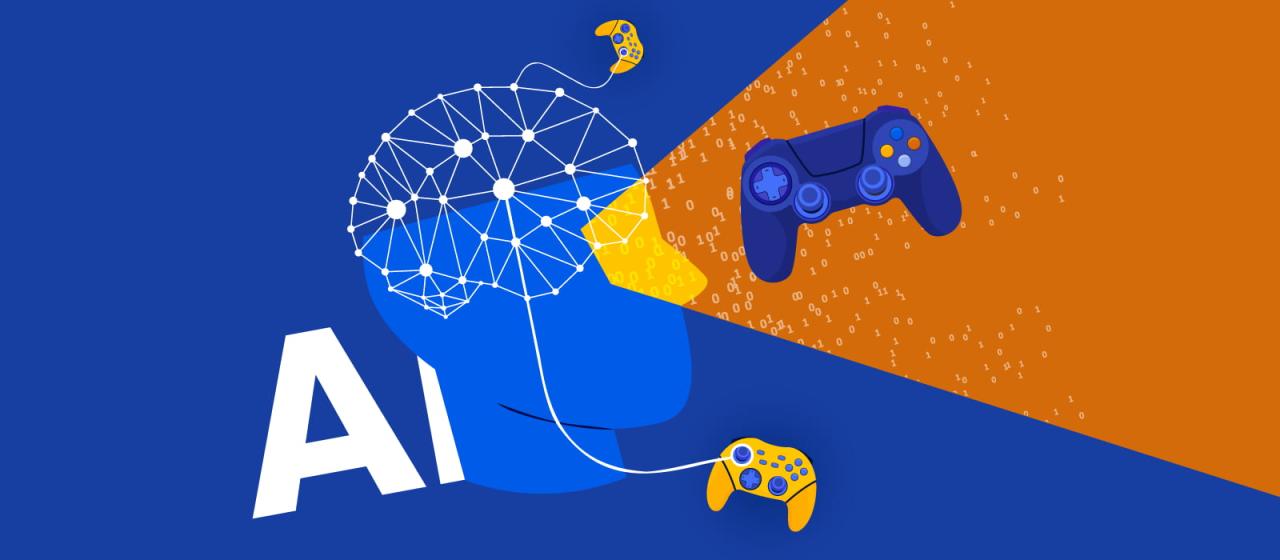Top 10 Games with the Best AI-Powered NPCs
Artificial Intelligence in video games has come a long way since the early days of scripted enemy movements and repetitive dialogue. Today, Non-Player Characters (NPCs) are more than just background elements—they are key to creating immersive, believable, and emotionally resonant worlds. With the help of AI, game developers are crafting smarter, more adaptive NPCs that learn, react, and evolve in real-time, making our gaming experiences deeper and more dynamic.
Whether you’re battling cunning foes, exploring rich open worlds, or building relationships with virtual characters, the AI behind the scenes plays a huge role. Here’s a look at the top 10 games that showcase the best AI-powered NPCs—each one standing out for innovation, complexity, and sheer brilliance.
1. The Last of Us Part II (2020)
Naughty Dog’s sequel is widely praised for its emotionally charged narrative, but its AI deserves just as much recognition. Enemies in The Last of Us Part II exhibit remarkable coordination. They flank, communicate with each other using names, and respond to player strategies dynamically. NPC allies like Dina and Jesse are not only competent in combat but also feel human—ducking for cover, helping in fights, and reacting to the world emotionally.
What makes it special?
Enemies grieve fallen comrades, adjust tactics mid-battle, and even call off searches if the player hides well enough. This behavioral depth blurs the line between scripted and emergent gameplay.
2. Red Dead Redemption 2 (2018)
Rockstar’s western epic isn’t just about cowboys and gunfights—it’s a living, breathing world with some of the most realistic NPC behavior ever seen. Each character you encounter, from townsfolk to outlaws, behaves in ways that reflect the time of day, weather, and your reputation.
What makes it special?
The game uses AI to simulate daily routines, from shopkeepers opening stores to ranchers tending cattle. NPCs remember your past actions, and your choices affect how you’re treated, creating a strong sense of continuity and immersion.
3. F.E.A.R. (2005)
Even after nearly two decades, F.E.A.R. remains a gold standard for enemy AI in FPS games. The enemies—especially the cloned soldiers—use squad tactics, take cover intelligently, and react dynamically to the player’s movements.
What makes it special?
Unlike many games of its time, enemies in F.E.A.R. don’t just run at you blindly. They retreat, suppress, flank, and communicate strategically, making each firefight feel like a tense, tactical encounter.
4. Halo: Combat Evolved (2001) and Halo Series
The Halo franchise, starting from the original Combat Evolved, revolutionized shooter AI. The Covenant enemies each have unique behavior models—Grunts panic when Elites die, Jackals use shields effectively, and Hunters coordinate attacks with deadly precision.
What makes it special?
The AI makes combat unpredictable. Whether you’re on your first playthrough or your tenth, enemy reactions vary based on your approach, making each encounter feel fresh.
5. Alien: Isolation (2014)
Alien: Isolation took survival horror to new heights by creating one of the most terrifying AI adversaries in gaming history: the Xenomorph. This alien doesn’t follow predictable paths—it learns, hunts, and adapts.
What makes it special?
The Xenomorph has two AI systems: one that knows your location and one that doesn’t, creating a constant cat-and-mouse tension. The unpredictability makes hiding a nerve-wracking experience, as the alien seems almost sentient in its pursuit.
6. Middle-earth: Shadow of Mordor (2014) and Shadow of War (2017)
Monolith’s Nemesis System introduced a groundbreaking mechanic where Orc enemies remember you, evolve based on previous encounters, and even taunt you if they’ve bested you before. Promotions, scars, and personality traits carry over, giving the world a sense of continuity and rivalry.
What makes it special?
No two players have the same experience. Your battles and decisions create unique enemy narratives—turning even minor Orcs into memorable adversaries.
7. Watch Dogs: Legion (2020)
In Watch Dogs: Legion, Ubisoft took a bold step by making every NPC recruitable. From grandmothers to street performers, anyone on the street can become part of your resistance group.
What makes it special?
Each character has unique traits, voice lines, and animations, generated through AI systems. This means you’re not just controlling clones—you’re managing a dynamic, diverse team of Londoners.
8. Hitman Series (2016–2021)
The Hitman reboot trilogy refined the art of AI in sandbox stealth environments. Each NPC in Agent 47’s world has a role, a schedule, and behavioral quirks. From security guards to waiters, everyone follows routines that you can observe and exploit.
What makes it special?
Cause a distraction and watch the ripple effects. Knock someone out and someone else will take their place. The interwoven routines make the environments feel like real social ecosystems.
9. Cyberpunk 2077 (post-patch updates, 2022–2023)
While it launched with AI issues, Cyberpunk 2077 has significantly improved over time. The NPCs in Night City now have better daily routines, more contextual responses, and more realistic behavior in combat and traffic systems.
What makes it special?
With AI-powered crowd systems, law enforcement responses, and environmental awareness, the city feels far more alive than at launch. Night City’s denizens now respond in ways that reflect the game’s promise of a dynamic cyberpunk world.
10. The Sims 4 (2014–Present)
While it may not have combat or open-world exploration, The Sims 4 remains a powerful example of AI-driven life simulation. Each Sim has traits, moods, desires, and behaviors that evolve based on player input and in-game events.
What makes it special?
Sims interact with each other dynamically, form relationships, pursue careers, or spiral into chaos based on decisions made. The AI systems here model life itself—making The Sims one of the most advanced social simulations available.
Honorable Mentions
-
Metal Gear Solid V: The Phantom Pain: Enemies adapt to your tactics—wearing helmets if you favor headshots, for instance.
-
Far Cry 2: Enemies react to injuries, retreat, and even try to outflank.
-
GTA V: Los Santos NPCs respond to accidents, gunfire, and your behavior in complex ways.
Why AI-Powered NPCs Matter
In modern gaming, great graphics and huge worlds are no longer enough. What keeps players engaged is how real the world feels—and much of that comes down to the behavior of its inhabitants. AI-powered NPCs:
-
Make combat more strategic and challenging
-
Bring emotional depth to narratives
-
Enable emergent storytelling unique to each player
-
Help create immersion and believability
Games with strong NPC AI don’t just tell stories—they let you live in them.
 Final Thoughts
Final Thoughts
The rise of intelligent NPCs shows how far game design has come. We’re no longer limited to characters that walk in circles or repeat the same lines. We now interact with virtual beings that learn, adapt, and sometimes even surprise us. As AI technology continues to evolve, the line between scripted characters and true digital companions will keep blurring.
Whether it’s a grieving enemy in The Last of Us Part II, a persistent alien in Isolation, or a charismatic Orc nemesis in Shadow of War, AI-driven NPCs are enriching our digital worlds in unforgettable ways.
And honestly, this is just the beginning. As we move deeper into an AI-driven era of gaming, we might soon ask: Are we still playing with NPCs—or are they playing with us?

With years of experience in technology and software, John leads our content strategy, ensuring high-quality and informative articles about Windows, system optimization, and software updates.












Post Comment
You must be logged in to post a comment.